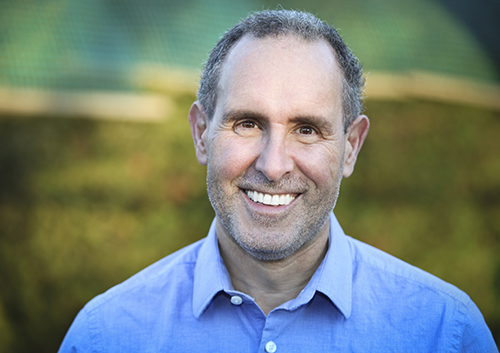CEREC® Single-Visit Crowns
February 19th, 2020

CEREC is an acronym for Chairside Economical Restoration of Esthetic Ceramics. It is a type of dental technology that incorporates two computer technologies: CAD (computer-aided design), and CAM (computer-aided manufacturing). CEREC technology allows Dr. Clay Gangwisch, Dr. Mike Grandy, Dr. Daniel Melzer, Dr. Andy Holtery, and Dr. John Miller to design, make, and perfect a crown while you wait in the office. The process is generally completed in less than an hour.
The process begins when we take a picture of the tooth that will receive the crown. Using that picture, a digital impression of the real tooth is created. The proprietary software allows us to create the adjacent teeth digitally, which aids in the process of recreating the computer image that is sent to the milling machine via wireless transmission.
If we recommend a CEREC crown, you will get a permanent crown during a single office visit. We will be able to take a picture of your tooth and mouth, and then create the crown for your tooth. The design process allows us to match your crown to your real tooth as closely as possible.
CEREC crowns are made out of either ceramic material or a type of synthetic resin. Blocks of the material Dr. Clay Gangwisch, Dr. Mike Grandy, Dr. Daniel Melzer, Dr. Andy Holtery, and Dr. John Miller will choose go into the milling machine, where diamond blades file and shape the block of solid material into a crown that will look as much like your real tooth as possible.
Before permanently securing the crown in your mouth with resin cement, we will smooth, file, and refine the shape of the crown, putting it in your mouth to check your bite, and removing it to make small adjustments. After cementing the tooth in your mouth, Dr. Clay Gangwisch, Dr. Mike Grandy, Dr. Daniel Melzer, Dr. Andy Holtery, and Dr. John Miller will check to make sure the surface of the crown is smooth enough to make proper contact with your teeth when you bite down.
For more information about CEREC, or to schedule an appointment with Dr. Clay Gangwisch, Dr. Mike Grandy, Dr. Daniel Melzer, Dr. Andy Holtery, and Dr. John Miller, please give us a call at our convenient Lynn Haven or Panama City Beach office!


